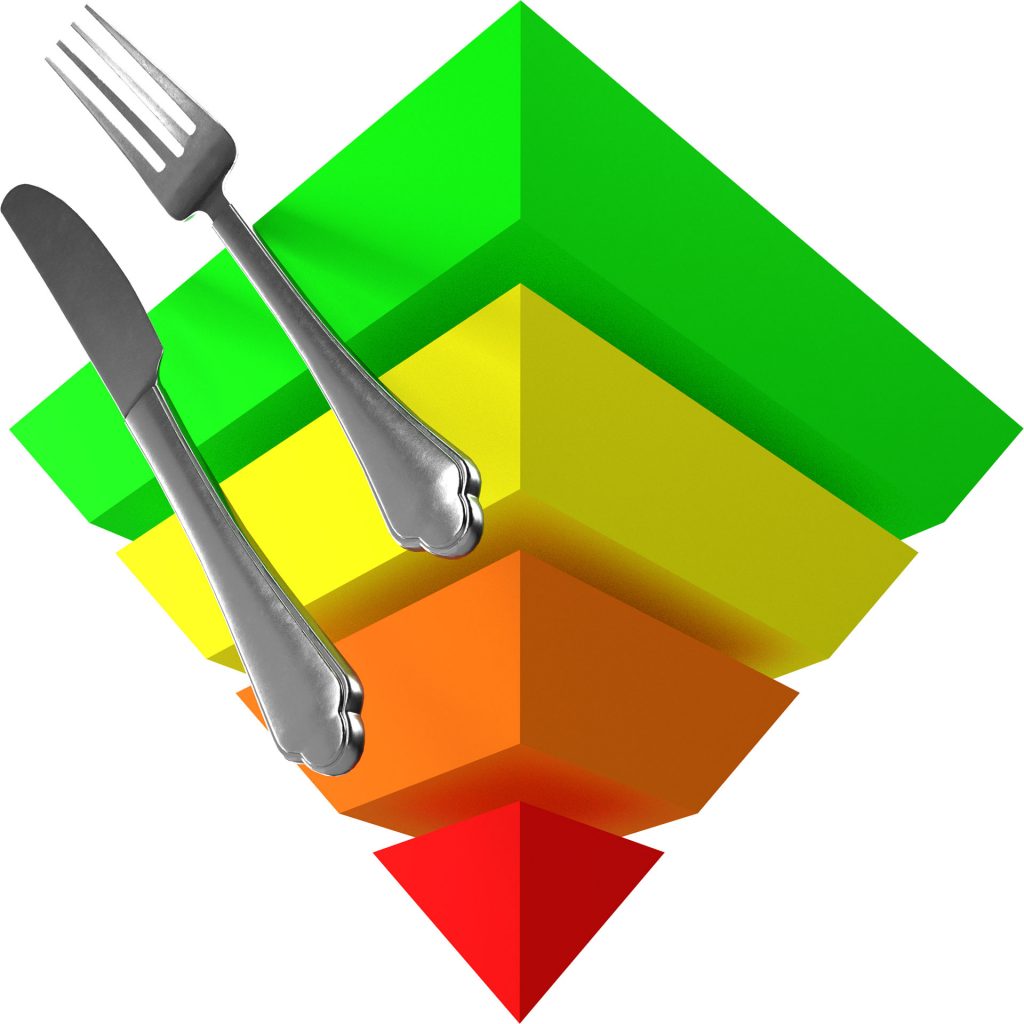It’s important from the outset to recognise that when food is wasted, all the inputs and other values associated with its production (e.g. energy, water, fertilizers, land, person power) are also wasted. Food and Agriculture Organization estimates from 2018 suggest that UK food waste leads to losses of 19 billion GBP, excluding farm-level estimates.
There are many reasons for surplus food, including overproduction, size and shape, minor blemishes, mislabeling, incorrect or damaged packaging, expiration date, and cancelled orders. Dr Effie Papargyropoulou, a lecturer in sustainable food networks estimated in 2014 that a food supply of 130% above our current nutritional needs would be sufficient to guarantee food security, but in high-income countries this supply can often go up to 200% of the food that is physically needed, leading to massive wastage.
Food redistribution organisations move resources efficiently between local businesses to create improved supply chain coordination for environmental and social impact.
The Waste and Resources Action Programme has established a Surplus Food Redistribution Working Group as part of the Courtauld Commitment 2025.
The Courtauld Commitment 2025 (C2025) is an ambitious voluntary agreement that brings together organisations across the UK food system – from producer to consumer – to reduce food and drink waste by 20% by 2025.
Their shared vision is that, where food surpluses cannot be avoided, all UK food and drink companies should seek to redistribute surplus food ahead of any other option.
Food Material Heirachy
According to The Waste and Resources Action Programme, food redistribution
is the most preferable option after reducing waste in the food material heirachy.
The illustration below shows the most preferable options in green and the least preferable in red.

Prevention
Reducing waste
Redistributing to people
Sending to animal feed
Waste
Sending to anaerobic digestion
Composting
Incineration of waste with energy recovery
Incineration of waste without energy recovery
Waste sent to landfill
Waste ingredient/product going to sewer
